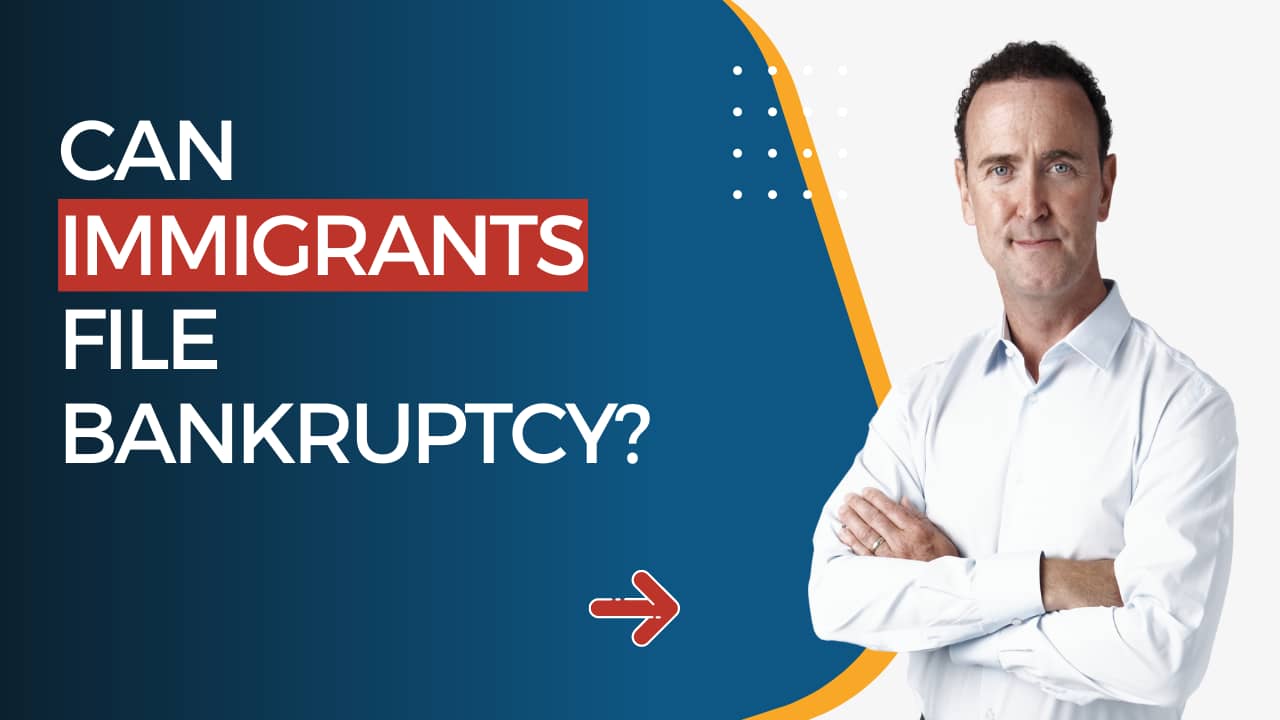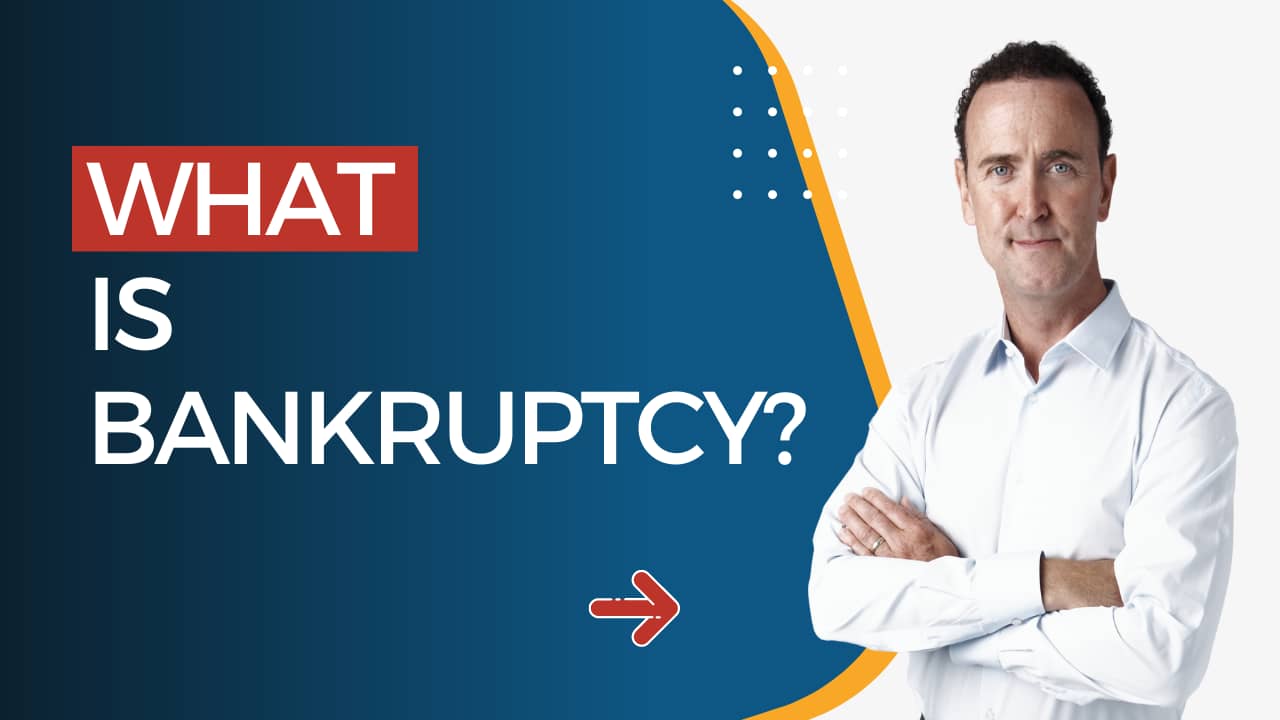Chapter 13 bankruptcy reorganizes your debts and protects you from collection actions during your case.
If you have debts that cannot be discharged in Chapter 7 bankruptcy, Chapter 13 can help to cover most of those.
Do you have assets, like a home, that you’d like to keep after bankruptcy? Chapter 13 helps you regain control of your financial life and get a fresh start.
Why would I choose Chapter 13 instead of Chapter 7?
You can file a repayment plan under Chapter 13 of the bankruptcy code when:
- You owe debts that aren’t dischargeable in Chapter 7 (like taxes, child support, or marital property settlements);
- You have liens that exceed the value of the collateral (e.g., you’re upside down on your car loan);
- You are behind on your car or house payments;
- Your assets are worth more than the available bankruptcy exemptions;
- You are repaying loans taken on your retirement fund.
You don’t have to pay your debts in full under Chapter 13 – your payment plan can provide for only a fractional payment. There are “confirmation tests” to determine how much your plan must pay to your creditors.
Some priority claims need to be paid in full, such as recent taxes and child support payments.
Which debts are wiped out by Chapter 13?
You can eliminate some debts in a Chapter 13 discharge that aren’t allowed in Chapter 7, such as recent tax penalties (separate from the taxes themselves) and debts incurred during a divorce (that are not child support).
Am I eligible to file Chapter 13 bankruptcy?
To file Chapter 13, you must be:
- An individual (no corporations or partnerships);
- Have a regular income greater than your reasonable living expenses;
- Have liquidated unsecured debts that don’t exceed $419,275 and secured debts that don’t exceed $1,257,850.
A “liquidated” debt is one where you know, or can easily calculate, the amount you owe. A loan is a liquidated debt. If you are being sued for damages in an auto accident, that would be considered an unliquidated debt until the judgment for a specific amount is entered.
What if I have filed bankruptcy before?
While you can only file Chapter 7 bankruptcy every 8 years, you can file for Chapter 13 even if your Chapter 7 discharge is less than 8 years old.
A common legal strategy is to file Chapter 7 to discharge the debts that are dischargeable, and then file Chapter 13 to repay the debts that are left over after the Chapter 7 discharge.
Lawyers sometimes call this a “Chapter 20,” which is 7 plus 13. A Chapter 20 allows a debtor to erase his/her unsecured debts in a Chapter 7 and then repay the arrears owed to secured creditors (think mortgage arrears and taxes ) in a repayment plan that lasts 3-5 years.
If you are facing foreclosure or repossession, filing for Chapter 20 bankruptcy can help you save your home or vehicle. In Chapter 20, you can catch up on missed payments through a three- or five-year repayment plan.
This doesn’t sound very easy. How do I find out more?
You don’t have to go it alone – an experienced bankruptcy attorney can guide you through the process and make sure everything is done right – so you can finally relax. It’s free to chat with me about your options – you can call or text me at 215.551.7109, or drop me a line.









